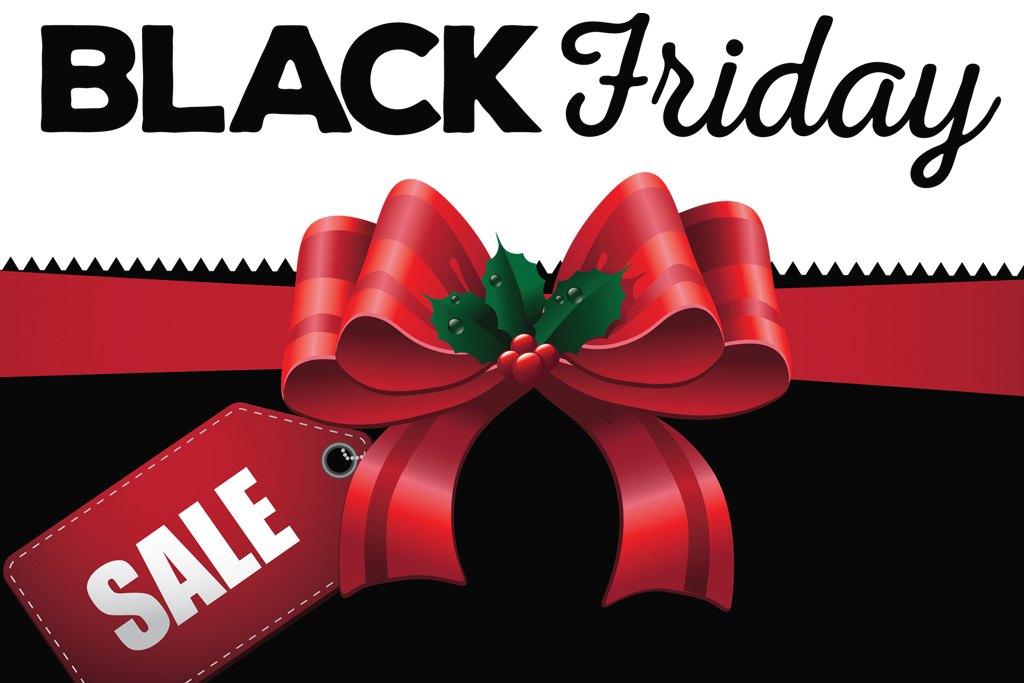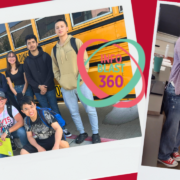Black Friday 2021: Trends, Insights, and Lasting Impacts

Introduction: The Year of Digital Domination
Black Friday, traditionally marked by bustling stores, long queues, and the thrill of grabbing a deal, underwent a profound transformation in 2021. The pandemic’s lingering effects and rapidly evolving consumer behaviors brought a paradigm shift in how Black Friday was approached and celebrated. This article aims to comprehensively analyze Black Friday 2021, offering insights into major trends, consumer preferences, and the potential trajectory of future Black Friday events.
Pre-Event Anticipation: The Calm Before the Storm
Every year, the buildup to Black Friday is marked by speculation, strategic leaks of deals, and heightened advertising campaigns. In 2021, retailers, having learned from the challenges of 2020, placed significant emphasis on online advertising. They leaned into social media platforms, leveraging influencers and TikTok challenges to create buzz. Email campaigns began weeks in advance, with tailored recommendations based on user behavior, ensuring customers were aware of impending deals and discounts.

In-store vs. Online: The Battle of the Platforms
By 2021, the narrative had shifted dramatically from the in-store frenzy we were accustomed to. With lingering concerns over health and safety due to the pandemic, many consumers opted for online shopping. Retail giants like Walmart and Target expanded their e-commerce capabilities, offering more products online and improving delivery speeds. While brick-and-mortar stores still saw foot traffic, the emphasis was on ensuring a safe shopping environment, with many retailers offering early deals to reduce the traditional Black Friday rush.
Tech and Electronics: The Showstoppers
Every Black Friday has its star products, and in 2021, tech and electronics took center stage. Consumers showed an insatiable appetite for tech, from the latest PlayStation and Xbox consoles to 5G-enabled smartphones, wearables, and smart home devices. Supply chain issues, exacerbated by the pandemic, made some items scarce, increasing their desirability. Retailers with the foresight to stock up on these high-demand products reaped significant benefits.
Fashion and Sustainability: An Unexpected Pairing
An exciting trend in 2021 was the marriage of fashion deals and sustainability. Brands like H&M and Patagonia emphasized eco-friendly products, offering discounts on sustainable lines or promoting recycled materials. The modern consumer, especially the younger generation, showed a keen interest in responsible purchasing. Often criticized for promoting consumerism, Black Friday started showing inklings of an eco-conscious shift.
The Role of Augmented Reality (AR) and Virtual Reality (VR)
2021 witnessed an innovative integration of technology into the shopping experience. To replicate the in-store experience online, brands utilized AR to allow users to “try on” products virtually. Before purchasing, consumers could visualize products in their environment, from cosmetics to furniture. Certain brands also dipped their toes into the VR space, offering virtual store walkthroughs creating an immersive online shopping environment.
Consumer Behavior: The Drive for Deals
Despite economic challenges, the allure of Black Friday remained strong. A mix of factors drove the consumer mindset in 2021. The desire to return to some semblance of normalcy was juxtaposed with the convenience and safety of online shopping. This duality meant that while many sought the thrill of in-store deals, a significant portion of shopping was done from the comfort of homes. Retailers adapted, offering flexible return policies and extended deal periods to accommodate varying consumer preferences.
Post Black Friday Analysis: Lessons for the Future
Black Friday 2021 was not just another shopping event; it was a testament to the resilience and adaptability of the retail industry. The lessons drawn from this day are manifold. The growth of e-commerce is undeniable, and investing in online platforms is no longer optional. Furthermore, integrating technology, whether AR or data analytics, plays a pivotal role in shaping consumer experiences and driving sales. Lastly, sustainability is not just a buzzword. It’s a directive, signaling the need for responsible retailing and consumerism.
Black Friday Reinvented
Black Friday 2021 showcased the future of retail. It was a blend of technology, adaptability, and evolving consumer behavior. As we look ahead, it’s clear that this shopping event is transforming, much like the rest of the world. The essence remains the same — unparalleled deals and the joy of the hunt — but the methods and platforms are ever-evolving, promising intriguing prospects for the years to come.
Supply Chain Struggles: A Major Hurdle
The global pandemic brought unprecedented challenges to the supply chain. Black Friday 2021 was no exception. With delays in production and shipping, retailers grappled with stocking their virtual and physical shelves. These constraints, however, led to innovative solutions like localized sourcing and an emphasis on in-stock products, highlighting the industry’s adaptability.
Social Media Influence: Changing the Game
Social media platforms, especially Instagram and TikTok, transformed the Black Friday landscape. Brands collaborated with influencers for curated deals, and ‘unboxing’ became a phenomenon. User-generated content and real-time reviews played a pivotal role in influencing purchase decisions.
Global Participation: Beyond Borders
Black Friday, traditionally an American event, has become a global phenomenon. In 2021, countries from Europe to Asia embraced this shopping spree, tailoring deals to local audiences. This globalization of Black Friday showcased the event’s universal appeal and the interconnectedness of today’s retail world.

Small Businesses Shine: The Underdogs Emerge
While retail giants typically dominate Black Friday, 2021 witnessed a surge in support for small businesses. Initiatives like “Small Business Saturday” and localized online directories played a role as consumers increasingly sought unique, artisanal products and wished to support local economies.
Extended Sales: From Day to Week
Gone are the days when Black Friday was limited to 24 hours. In 2021, ‘Black Friday deals’ often spanned the entire week or month, giving consumers ample time to scout, decide, and purchase, thus redefining the very essence of this shopping extravaganza.
After-Sale Services: Enhancing Experience
Post-purchase services gained prominence in 2021. With the surge in online shopping, brands emphasized easy returns, extended warranties, and robust customer support. These services, often the differentiators in a crowded market, were crucial in ensuring customer loyalty and repeat business.











